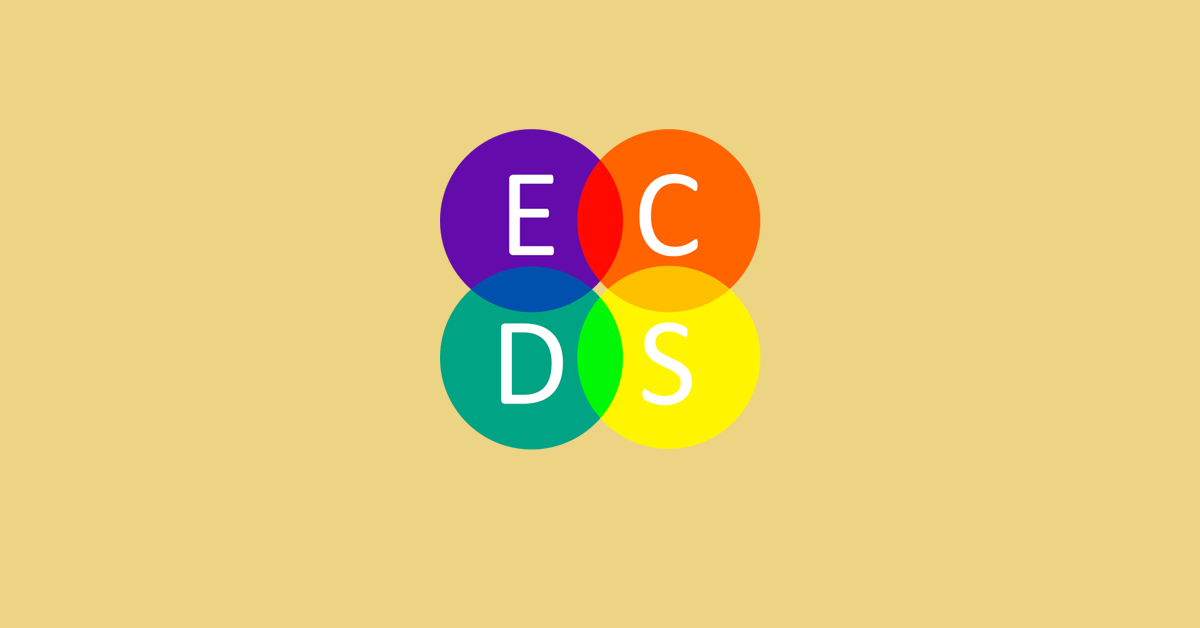This post is a part of an ongoing series of publications featuring the reflections of students in the ECDS Digital Scholarship Internship Program (DSIP) and their experiences in teaching and research in digital scholarship.
By Jonathan Potter
When I started my graduate program at Emory in 2012, digital scholarship and pedagogy were happening all around the university. Different centers across campus were engaged in exciting projects and providing different types of support for using technology in teaching and research. But all this activity wasn’t centralized under a single organizational unit. There was something called the Digital Scholarship Commons (DiSC) on the third floor of Woodruff Library. Somewhere out there a different group of people were creating Southern Spaces, an online journal. Then there was a cluster of centers on the second floor of Woodruff Library, including the Datacenter, the Beck Center, and the Emory Center for Interactive Teaching (ECIT). These centers occupied different corners of the same space, but they were organizationally distinct.
I first became aware of ECIT in fall of 2012, when a colleague of mine from the Graduate Division of Religion suggested that I look into working at ECIT as a graduate assistant, just like he was. I came to Emory having worked in a variety of IT support jobs alongside my work towards bachelor’s and master’s degrees. Working at ECIT seemed like a good way of integrating my technology skills with my academic interests and aspirations, so I began working there that January. ECIT, I soon discovered, supported a lot more than just “interactive teaching.” Right away my tech support experience came in handy as we assisted patrons with technology I already knew fairly well, such a Microsoft Office, Adobe Acrobat, and Photoshop. But I also started learning how to use and support a range of media creation tools, like iMovie and Final Cut Pro for video editing, and Audacity for audio recording and editing. I also had to quickly get up to speed on using BlackBoard, Emory’s learning management software at the time, and WordPress, the blogging platform used by websites all over campus (and the world). We had more mundane tasks back then as well, like taking cash payment for print jobs (who can forget that old cash register?) and setting up rooms for classes and video-conferences.
Less than a year after I started at ECIT, the Emory Center for Digital Scholarship was formed, bringing together all the various centers supporting and engaging in digital scholarship and teaching, both organizationally and physically. This meant not only a broader set of coworkers, but also a wider range of opportunities. As part of what came to be called the Digital Scholarship Internship Program (DSIP), I continued to support many of the same technologies as before (but, thankfully, no more cash register!), while also having the chance to get involved with some exciting digital projects originating from within ECDS itself and other parts of the university. One summer I got to spend some time in MARBL (now the Rose Library) looking through issues of avant garde poetry journals, taking note of dates, contents, and contributors (a.k.a. “metadata”) for a project called Digital Danowski: Networking the New American Poetry. On the other end of the spectrum, I spent many hours during another summer reading through British court transcripts for the Holocaust Denial on Trial project. Earlier this year I turned my attention to pedagogy, working with two other ECDS colleagues to lead Teaching, Pedagogy, Curriculum + Research (TPC+R), a professional development workshop for graduate students co-sponsored by the Laney Graduate School.
This range of experiences throughout my time highlights what I have enjoyed most about being a Digital Scholarship Intern at ECDS—the opportunity to engage with other parts of the university, whether through informal conversations with fellow graduate students working in the center, supporting faculty teaching and research, or involvement in major digital projects. And more concretely, I have developed new or increased competency in a slew of technologies and techniques. In a time when traditional academic jobs in the humanities are increasingly difficult for young scholars to secure, the breadth of experience acquired through ECDS has allowed me to diversify my skillset, not only enhancing my academic profile with tools for digital scholarship and pedagogy, but also potentially opening up new opportunities in alt-ac (alternate academic) positions. Whereas a PhD program tends to be a time of developing specialized expertise in a highly defined subject area, ECDS offered me windows onto the broader academy and beyond.
Jonathan M. Potter is a PhD Candidate in Emory University’s Graduate Division of Religion and is currently a Mellon Graduate Teaching Fellow at Clark Atlanta University.
